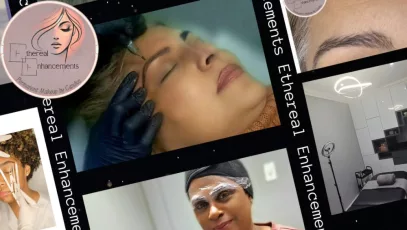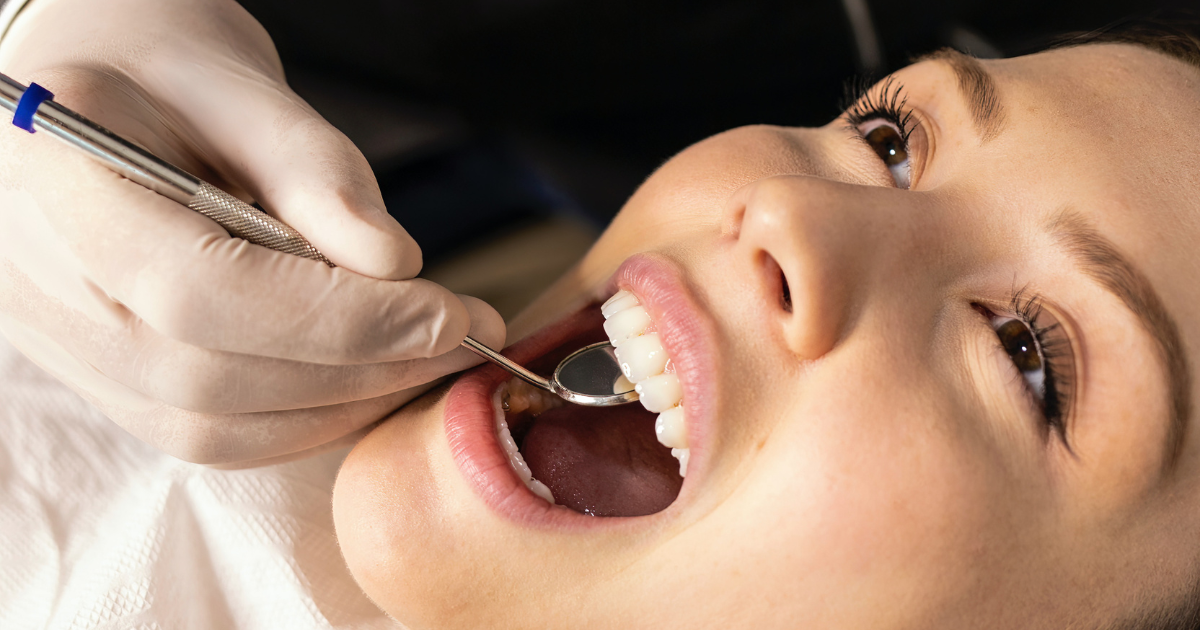The idea of visiting a dentist can be a daunting task for many people. Unfortunately, brushing and flossing at home just doesn’t cut it when it comes to oral hygiene. According to medical officials, getting your teeth cleaned by a dentist or dental hygienist at least twice a year is crucial. Luckily, you can learn all about teeth cleaning, including the pros and cons and the importance of getting this procedure done for your oral health.
What Is Teeth Cleaning?
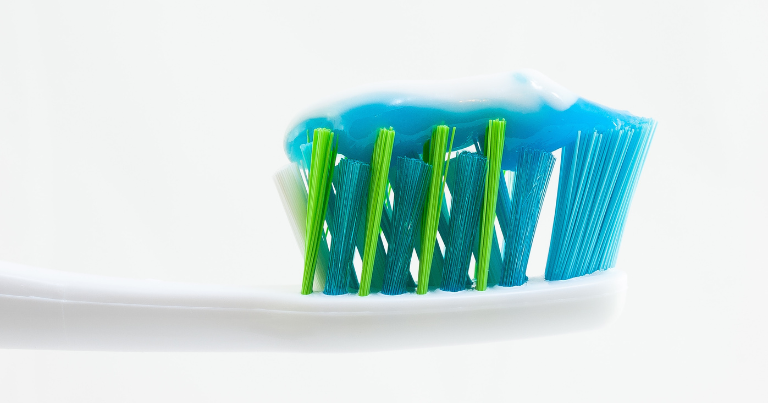
It’s normal to be a little nervous about a deep teeth cleaning session, but it’s important to understand what teeth cleaning actually entails. Teeth cleaning is basically a preventative procedure performed by dentists or dental hygienists to maintain optimal oral health.
The overall aim of a teeth cleaning procedure is to remove any built-up plaque and tartar that has collected on your teeth. This protects your teeth from cavities and dental caries and prevents future tooth and gum problems. Many people believe that a thorough brush routine in the morning will give the same result as a bi-yearly deep cleaning, however, it’s still vital to get a professional deep cleaning session for optimum results.
Why Do You Need Teeth Cleaning?
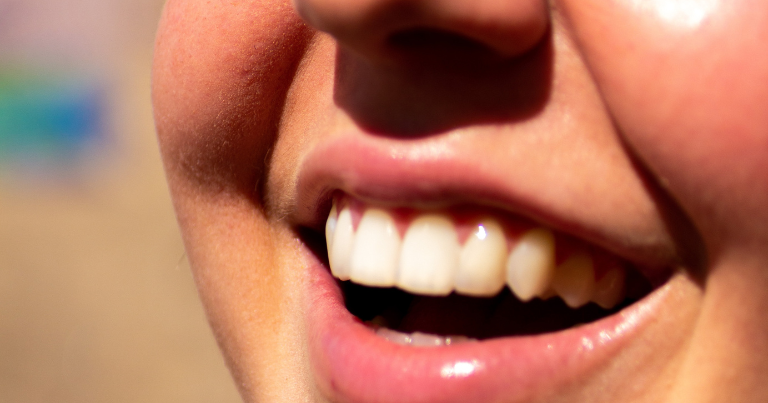
Teeth cleaning is a vital element of your overall health. You may have a meticulous oral routine, but you may not be able to reach those deeper parts that tend to collect plaque and tartar. A professional dentist will have the tools and expertise to break down hardened plaque and tartar and the chemicals needed to remove stubborn stains.
What Happens During Teeth Cleaning?
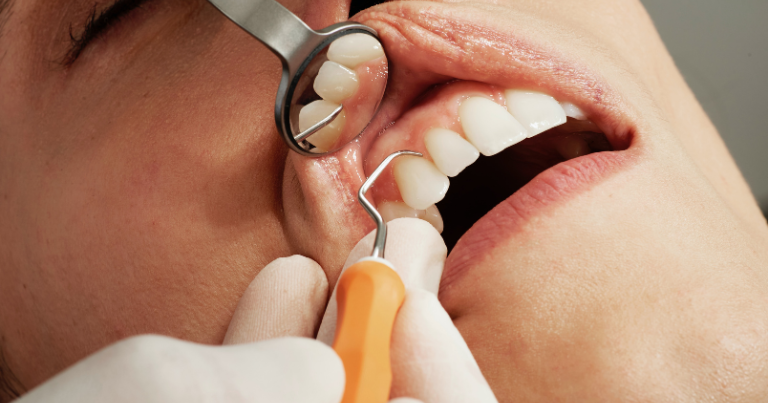
1. A physical exam
At the start of your dentist appointment, a dentist or dental hygienist will examine your teeth and gums to assess their overall condition. During this examination, they usually use dental tools like a mirror to get a better view. This is typically done to check for dental issues like inflamed gums and dark spots on your teeth, which are usually an indication of potential cavities. This step in your appointment is also a time for you to ask questions or discuss any worries you may have about the procedure or general oral hygiene.
2. Removing plaque and tartar
Once the oral health examination is complete, it’s time to remove the plaque and tartar build-up on your gums and teeth. First, the dentist or dental hygienist uses a small mirror to guide them to the affected areas. Then, using another dental tooth known as a scalar, they will start scraping along the affected areas in an effort to remove stubborn plaque and tartar. Hearing a scraping noise is normal, so don’t be concerned during this part of the procedure.
The amount of time spent during this step in the cleaning session depends on how much tartar and plaque build-up there really is. The more tartar and plaque build-up there is, the longer this step will take. It can be quite nerve-racking to just lay there but trust the process, and you will walk out of your appointment with a renewed, clean smile.
3. Gritty toothpaste cleaning
Once the dentist or dental hygienist has won the battle with your tartar and plaque build-up, they now move to the next step in the cleaning of your teeth, which is a gritty toothpaste cleaning. This is done using a high-powered electric toothbrush to give your teeth a final scrub. The idea of a high-powered toothbrush sounds a little scary, and you will most likely hear a loud noise, but just remember, this is all worth it for some fresh pearly whites! This is also an essential part of your teeth cleaning to eliminate any extra tartar that the scaling could not get.
During this step in the teeth cleaning procedure, they also use a toothpaste that might appear like regular toothpaste, but it’s actually a specific toothpaste with a gritty consistency that acts as a scrub for your teeth. Many people believe that this rougher method of brushing your teeth every day will keep plaque and tartar away. Yet, it may cause the breakdown of your enamel which ultimately risks the health of teeth and gums.
4. Final Examination
Now comes the easy part, your dentist or dental hygienist will conduct a final check to ensure all the build-up has been removed. If there is any leftover tartar, it can be taken care of at this point. At this point, your dentist or dental hygienist can also give you feedback on the health of your teeth and gums and instructions on post-appointment care. This will also allow them to tell you about any of their concerns after their final examination. After this, you are all good to go and ready to take on the world with a shiny bright smile!
The Pros

Now that you know what to expect, let’s take a look at the advantages of this procedure.
1. Stops the development of gum disease, otherwise known as gingivitis.
2. It can act as a treatment for infections and encourages the healing of your gums.
3. Teeth cleaning tools used in the procedure can reach tartar above and below your gum line. They accessing areas you can’t clean during your regular brushing routine.
4. If you are self-conscious about bad breath, teeth cleaning can eliminate this problem if it’s caused by gum disease.
5. The teeth cleaning procedure will also help protect your teeth’ roots, which is vital for oral health.
The Cons
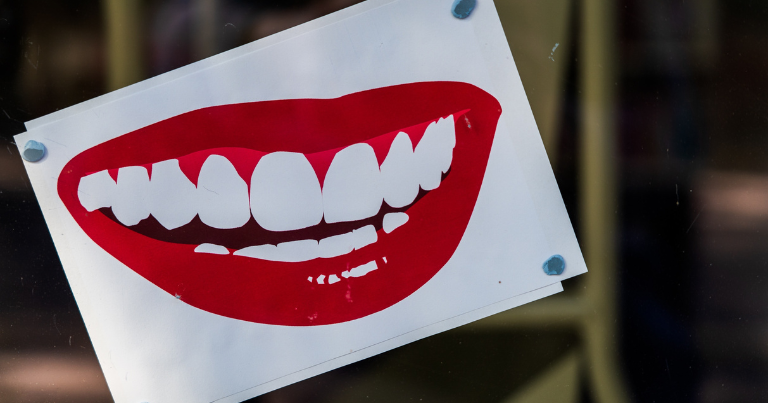
With any procedure, some risks can come from teeth cleaning. It’s essential to be aware of them and stay informed. Let’s look at some disadvantages of teeth cleaning and what they could mean for your oral health.
1. After thorough deep teeth cleaning, nerve damage can occur.
2. Teeth cleaning provides room for healing your gums, but this procedure does not guarantee this to happen.
3. If the tartar build-up is quite extensive, it may cause your gums to diminish.
4. If you have a compromised immune system, deep teeth cleaning may result in an infection.
5. Due to the vigorous efforts to break down tartar, you may feel pain and sensitivity around the relevant area.
How Much Does It Cost?
On average, a South African can pay over R100 for deep teeth cleaning. It also depends on your city and whether you have medical aid. Keep an eye out for deals like the one on Daddy’s Deals, where you can save on your cleaning with Shine and Smile. Get a teeth cleaning session valued at R600 for only R299.
Teeth cleaning is not the most pleasant experience,. However, it is clear that it is a crucial procedure to keep your oral hygiene at an optimum rate. So, work towards the smile of your dreams by booking an appointment today!
Also read:





